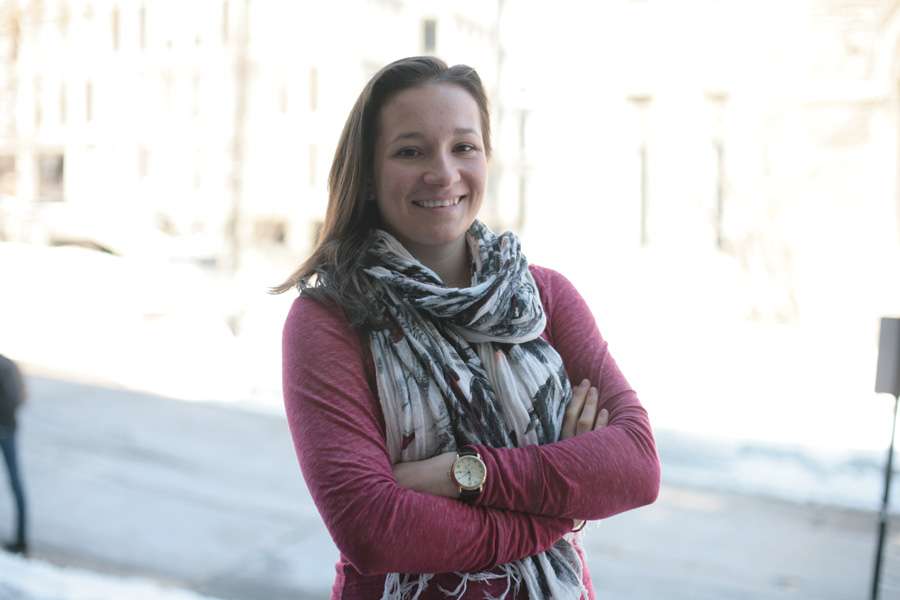This is the first year Maria Zamfir has not been involved in student politics in her five years at McGill.
In all four years of her undergraduate neuroscience degree, Zamfir was involved in all manners of student politics, including the McGill Freshman Undergraduate Science Society (FUSS), the Science Undergraduate Society (SUS), and the Neuroscience Undergraduates of McGill (NUM).
This year, Zamfir is in her first year of graduate school, where she is a part of the Integrative Program in Neuroscience (IPN) at McGill. Her competitive neuroscience rotation PhD program places her in three labs over the course of the school year. As such, Zamfir decided to make the difficult decision not to take on any student council commitments while undergoing this transition.
“I was trying not to be involved, which was kind of hard,” Zamfir said. “I really love getting involved in student council because it’s a great environment to learn about yourself and how you are able to work with others. Every council I’ve been on has been [a] different experience; but, overall I had to challenge myself to do as much as possible for the students I represented during each of my semesters as an undergrad at McGill.”
Zamfir has reconciled her participation in student politics with her interest in the brain. During her time working on NUM council, she created the first Touching Human Brains event, which raised nearly $600 for AMIQuebec, a grassroots organization assisting families and individuals through the effects of mental illness. The event gives guests the opportunity to touch human brains.
Zamfir is still finding ways to be involved, if not as much on campus, then through community outreach programs. She is currently involved in two student-based organizations—the Brain Awareness Campaign and BrainReach—both of which aim to promote the benefits and progress of brain research to the general public.
Brain Awareness Week, an initiative started by the Dana Alliance Foundation, hosts events during the third week of March to increase public interest in brain research, giving workshops to school-aged children. BrainReach is a community outreach program managed by IRN students, where graduate students conduct workshops to the same classroom over a longer period of time.
“Neuroscience isn’t something that is taught in the regular school system, and it is something that most children are somewhat aware of,” Zamfir said. “I think raising awareness about neuroscience is important because its great to have some idea about how your body and brain work together to result in your everyday life.”
Zamfir also writes for UsefulScience.org, a website one of her friends started and launched in October. The site aims to condense research papers into a useful, single sentence. Even in her work with the website, she appreciates the soft skills she has gained through her varied participation over the years.
“Everything I’ve learned from student council still applies to my life in the lab now as a grad student and working with the UsefulScience.org team, so it was well worth it,” she said.
McGill Tribune: What’s your hidden talent?
Maria Zamfir: Drawing.
MT: Are you a hunter or gatherer
MZ: I need to dissect mice in my labs sometimes, so I think I’d be more of a hunter.
MT: Favourite ice cream flavour?
MZ: Mint chocolate chip and Dairy Queen ice cream cakes!
MT: What’s your dream job?
MZ: I’m still trying to figure out what that would be so I can do it.
MT: If you could go anywhere in the world where would it be?
MZ: Egypt, because of the nice winds and beaches—I get to go kite surfing.







